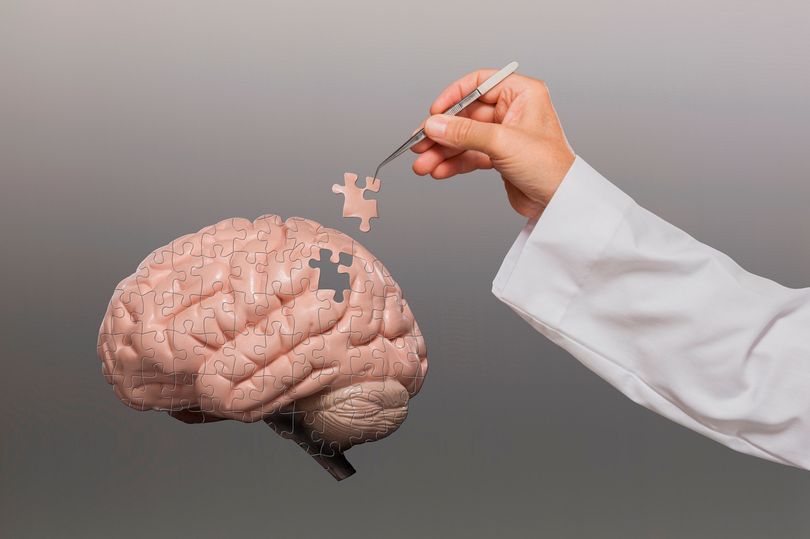Medical research often creeps forward slowly. Advances emerge from painstaking investigation starting with basic lab studies, then in animals, first in small animals such as mice, moving on to larger animals before being tried in human beings.
Now from this typical march of progress comes an exciting treatment that, on the face of it, keeps the mind and memory sharp well into old age.
It’s a very early study where an anti-inflammatory drug successfully reversed brain ageing in human cells in a lab, and in mice.
Could this be the elixir of life?
Another upside is this drug may turn out to be a treatment for Alzheimer’s and other forms of dementia where there’s cognitive decline, says a study by Professor Katrin Andreasson of Stanford University, US, and colleagues.
“We are very encouraged by our study which we hope will lead to treatment to maintain cognitive health in people,” she says.
“The drugs we used appeared to fully reverse age-associated memory decline in our mouse models.”
The drug gave older mice a new lease of life and they performed as well on tests of recall and spatial navigation as much younger mice.
Inflammation is a well-known factor for ageing. In the older mice the researchers found both high levels of PGE2, a molecule that causes inflammation, and a lower metabolic rate in a type of immune cell – macrophage.
When the mice were treated with a drug that suppresses PGE2 activity, inflammation was curbed and the metabolism of macrophages returned to youthful levels.
As Prof Andreasson says, the drug used in the trial isn’t licenced for human use and though no side effects were seen in the mice it could have toxic side effects in human beings.
It’s a promising start, however, and points the way for drug makers to develop a form of the drug that can be safely given to people.
Professor Tara Spires-Jones, of the University of Edinburgh, who wasn’t involved in the study, said results are encouraging but more research is needed to confirm the drug’s potential.
“This study is important because it shows that in mice, age-related memory decline can be reversed; however, it is important to note this research was in small groups of mice and work will need to be done to determine if the same effects are possible in people,” she said.
With some luck we might have a drug for Alzheimer’s in five to 10 years.

